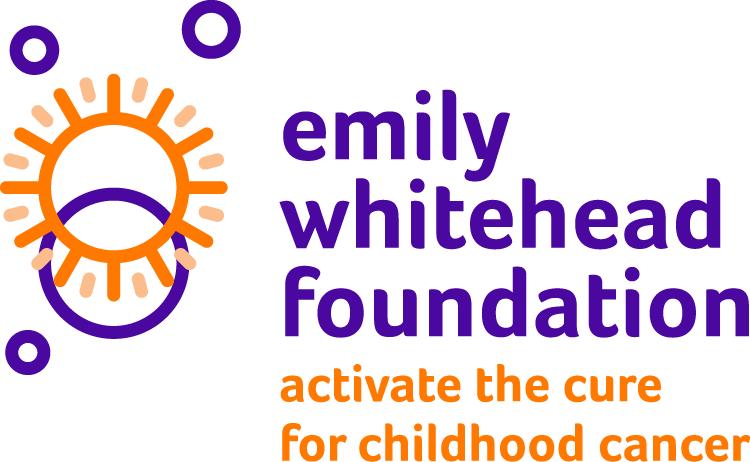3rd Generation GD-2 Chimeric Antigen Receptor and iCaspase Suicide Safety Switch, Neuroblastoma (GRAIN)
Neuroblastoma
0-9 years 10-17 years 18-26 years 27 years and older
1
 Drug
Drug
Cytoxan Fludara Keytruda
 Genetic
Genetic
iC9-GD2 T Cells
Condition: Neuroblastoma
Subjects that have relapsed or refractory neuroblastoma are invited to take part in this gene transfer research study.
We have found from previous research that we can put a new gene called a chimeric antigen receptor (CAR) into T cells that will make them recognize neuroblastoma cells and kill them. In a previous clinical trial, we used a CAR that recognizes GD2, a protein found on almost all neuroblastoma cells (GD2-CAR). We put this gene into T cells and gave them back to patients that had neuroblastoma. The infusions were safe and in patients with disease at the time of their infusion, the time to progression was longer if we could find GD2 T cells in their blood for more than 6 weeks. Because of this, we think that if T cells are able to last longer, they may have a better chance of killing neuroblastoma tumor cells.
Therefore, in this study we will add new genes to the GD2 T cells that can cause the cells to live longer. These new genes are called CD28 and OX40. The purpose of this study will be to determine the highest dose of iC9-GD2-CD28-OX40 (iC9-GD2) T cells that can safely be given to patients with relapsed/refractory neuroblastoma.
In other clinical studies using T cells, some investigators found that giving chemotherapy before the T cell infusion can improve the amount of time the T cells stay in the body and therefore the effect the T cells can have. This is called lymphodepletion and we think that it will allow the T cells we infuse to expand and stay longer in the body, and potentially kill cancer cells more effectively.
The chemotherapy we will use for lymphodepletion is a combination of cyclophosphamide and fludarabine.
Additionally, to effectively kill the tumor cells, it is important that the T cells are able to survive and expand in the tumor. Recent studies have shown that solid tumors release a substance (PD1) that can inhibit T cells after they arrive into the tumor tissue. In an attempt to overcome the effect of PD1 in neuroblastoma we will also give a medication called pembrolizumab.
Texas Children's Hospital, Houston, TX
